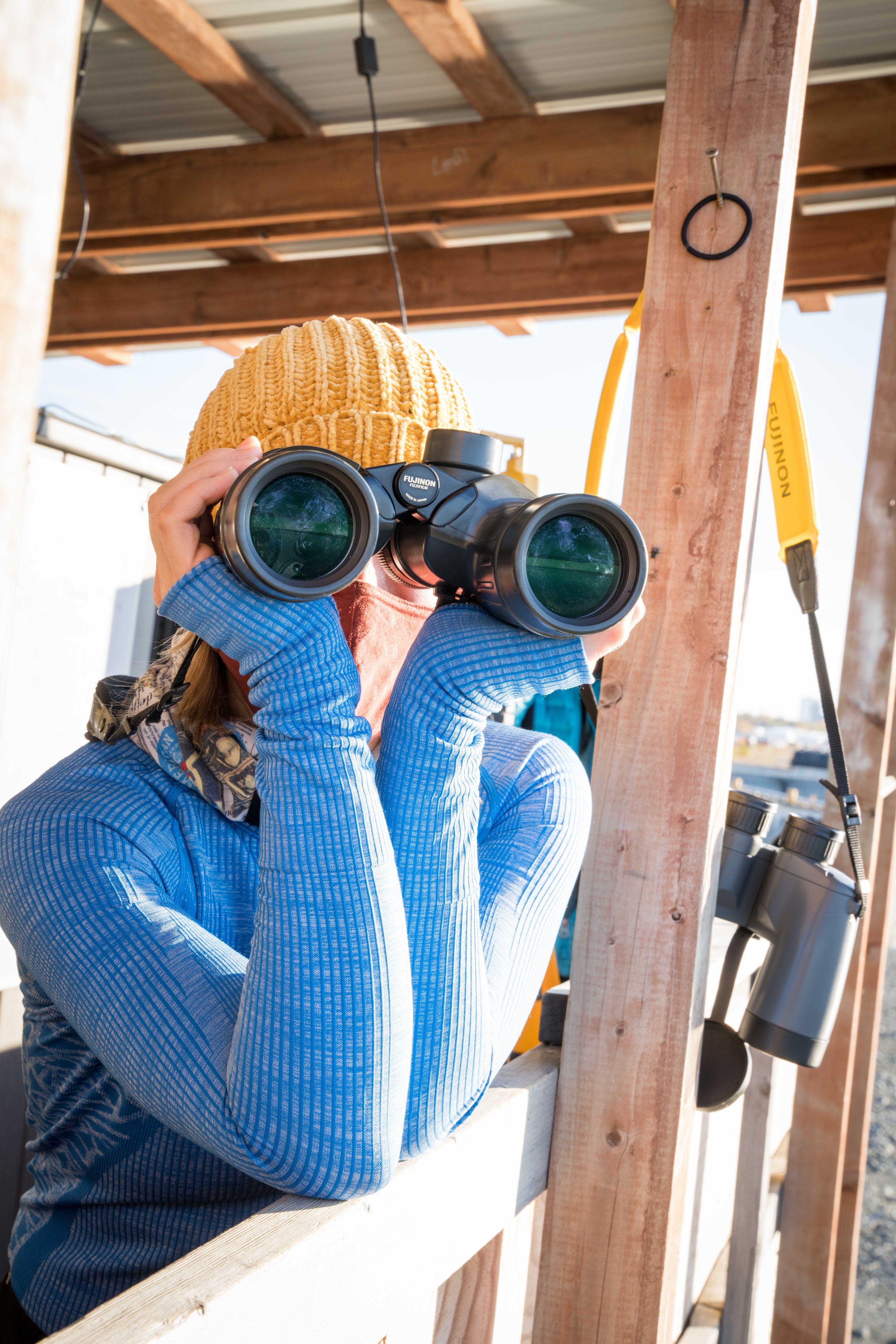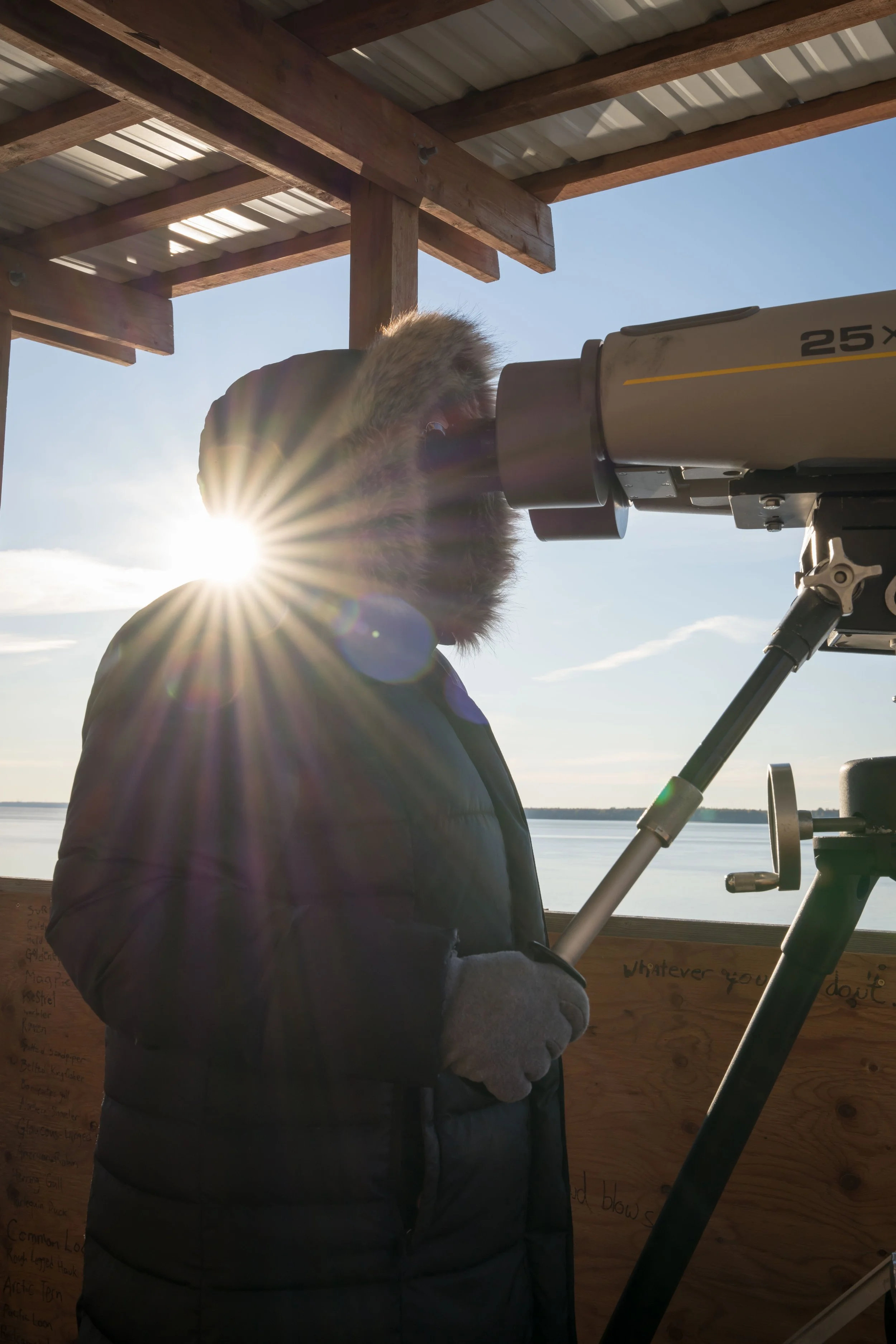Protected Species Observer Jobs
PSO Qualifications
Undergraduate degree in biological science or related field OR biological field data experience (course-related field collection is accepted in most cases) OR NMFS-approved Protected Species Observer certification. Cook Inlet experience is preferred.
Qualified candidates may also substitute Alaska Native traditional knowledge for academic experience. Cook Inlet experience is preferred.
Ability to detect and identify marine mammals at the water’s surface; use of binoculars and/or large-aperture binoculars will be necessary to correctly identify the marine mammal species.
Ability to use a theodolite to track the movements of marine mammals. Training on equipment will be provided.
Demonstrate ability to conduct field observations and collect data according to assigned protocols, document animal behavior, direction or travel, number of individuals, etc.
Ability to understand and implement mitigation procedures specific to the monitoring program
Experience with data entry on computers in the field
Ability to work 12-hour shifts
Must have reliable transportation and will be responsible for travel to the job location.
Work professionally with co-workers and construction crews; ability to communicate by radio, phone, or in person with project personnel
Must be a U.S. citizen residing within the U.S.
PSO Job Description
61 North Environmental is continuously seeking wildlife biologists to serve as protected species observers (PSOs) for positions on multiple projects in Alaska. The qualified PSO will monitor for marine mammals onboard vessels or land-based platforms. The PSO's duties include documenting marine mammal sightings and behavioral data, environmental conditions, and construction activities as instructed in the marine mammal monitoring and mitigation plan. PSOs will communicate shutdowns to the construction crew via radio or cell phone to cease in-water work when appropriate.
· Full-time and part-time positions are available
· Project-specific training will be provided
· Travel, lodging, and meals are provided when working in remote communities in Alaska or on vessel-based projects
· Compensation will be paid on an hourly basis with overtime
· Typical work weeks are 40 to 50 hours per week for shore-based projects and 12-hour days on vessels
· Email resume or CV to melanie@61northalaska.com




